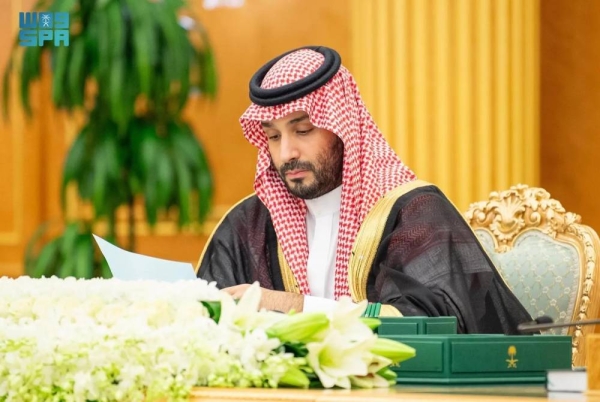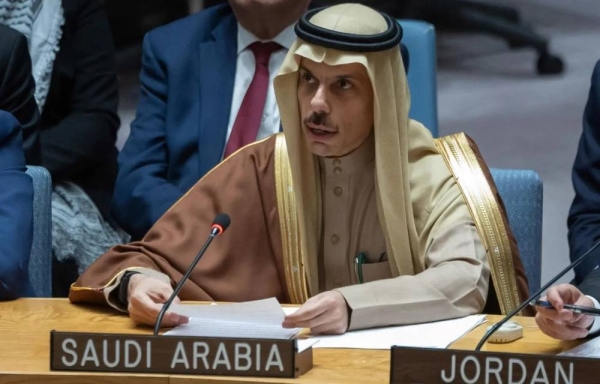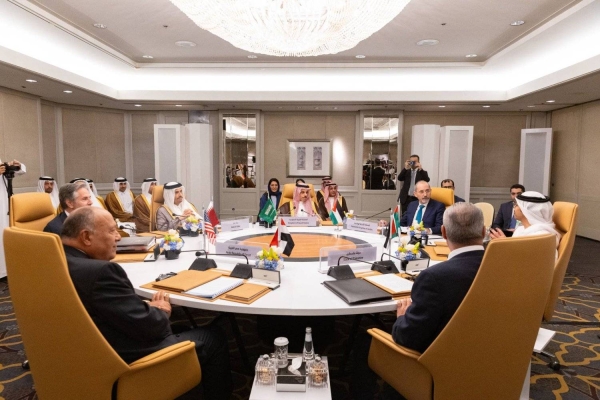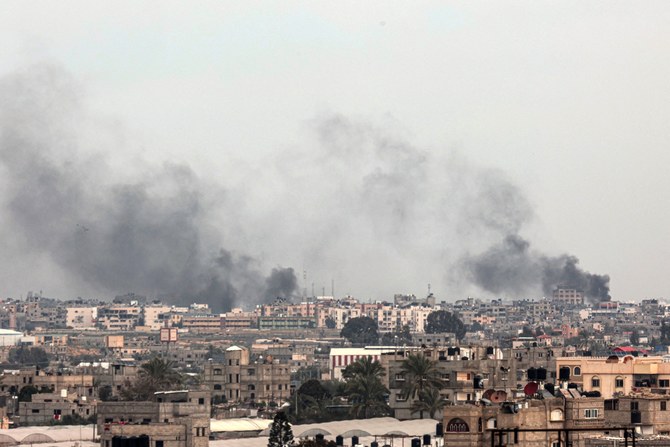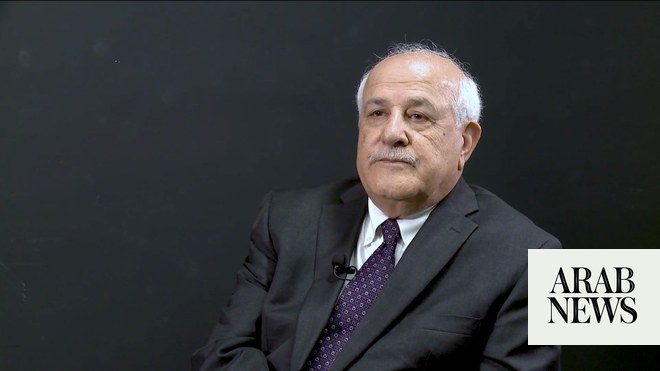
Since the collapse of John Kerry’s peace initiative in 2014, the peace process between the Israelis and Palestinians has entered a prolonged hibernation. Both the Israeli and Palestinian political systems are preoccupied with internal discord, and the international community has either lost interest or the belief that it can make any difference in terms of ending this intractable conflict.
Periodically, the idea of the formal recognition of a Palestinian state by other states or international bodies such as the UN or the EU is floated as a game-changer that will break the impasse. So far, it has been more of a trickle than a flood of countries and institutions recognizing Palestine as a state — most notably the decisions by the UN General Assembly to upgrade it to non-member observer state status and by UNESCO to admit it as a full member.
However, the much-coveted recognition as a state by the UN Security Council has remained elusive, mainly due to the veto power of the US. This means Palestine remains a hybrid political entity that many countries consider a state but won’t go so far as doing the honorable thing and recognizing it as a state regardless of the Security Council. This means it does not get treated as an equal member of the community of sovereign states.
In an insightful column in the pages of this newspaper, Ramzy Baroud last month highlighted the double standards of politicians who tend to support full recognition of Palestine while they are in opposition, but avoid the issue altogether when they win elections and assume power, leaving their pre-election promises to ring hollow. Hence, Baroud rightly stressed that the recent decision by the opposition Australian Labor Party (ALP) to recognize Palestine is merely an example of symbolic politics, which at best raises hopes of the policy being translated into something more substantive whenever the ALP returns to power.
The power of symbolism cannot and should not be underestimated, but there is also overwhelming evidence that international recognition of Palestine would serve the causes of peace, justice and international law. For too long, the issue of recognition has been framed as a prize waiting for the Palestinians at the end of negotiations. This has always put Palestinian negotiators in an inferior position around the negotiation table vis-a-vis Israel, which is not only a superior military and economic force that is occupying its land, but one that is formally a state. Laying to rest the question, and the whip, of Palestinian self-determination would accelerate the peace negotiations and give them a better chance of succeeding.
As long as those in a position of power in Israel still toy with the idea that postponing or procrastinating over Palestinian statehood can delay or even kill off the possibility of Palestinian sovereignty, it remains an incentive for them to never enter into genuine peace negotiations, let alone conclude them with an agreement. After all, the already-existing asymmetry between Israel and the Palestinians was enshrined in the Oslo Accords, where the Palestinian Liberation Organization (PLO) reaffirmed its recognition of Israel’s right to exist and, in turn, Israel recognized the PLO as the sole representative of the Palestinian people, but not Palestinians’ right to self-determination.
There is overwhelming evidence that such a move would serve the causes of peace, justice and international law.
Yossi Mekelberg
Recognizing a people’s right to self-determination is not some kind of prize that one country bestows on another out of generosity, but is a founding principle of the UN Charter, as an important pillar of developing friendly relations among nations and for peace to prevail. The UN might not be able to enforce an end to Israel’s occupation of the West Bank and its blockade of Gaza, but it can and should do the decent thing in line with its own articles of faith and recognize Palestine. Moreover, it was UN Resolution 181 that determined that “Independent Arab and Jewish States… shall come into existence in Palestine two months after the evacuation of the armed forces of the mandatory Power has been completed but, in any case, not later than 1 October 1948.” Surely, more than 70 years after this resolution was passed by a large majority, it is a complete anomaly that only half of it has been fulfilled, regardless of the origins of this failure. UN Security Council recognition will do no more than reaffirm what was supported by a majority of member states back in 1947.
Furthermore, the international community, especially the US and the EU, has invested immense political capital, not to mention vast amounts of financial and security aid and support, in many areas of state-building for the Palestinians. The failure to bring this huge effort to its just and logical conclusion should weigh heavy on the shoulders of the international community. Its current reluctance to become involved with the Israeli-Palestinian conflict, and especially to resolving it, should not be compounded by a change of heart over the importance of the Palestinians’ right to justice and self-determination. The international community’s apathy is more a case of despair and a mistaken belief that it is powerless to change the situation.
Recognition of Palestine as a state would be a relatively easy move for the EU, for instance, and not that costly, especially with a more sympathetic US administration for the next few years, even if Washington, considering its own domestic constraints, is not capable of following suit. However, it would create a new dynamic within the international community, even if issues such as final borders, Jerusalem and a fair and just solution for the refugees remain unresolved for the time being. These issues would, in any case, be easier to negotiate after Palestinian statehood is normalized.
Lastly, Tel Aviv has tried for years to frame the so-called “unilateral recognition” of Palestine as an anti-Israel act. This is complete and utter nonsense and should be seen by the international community as no more than another PR exercise in guilt-tripping those who support dozens of UN resolutions to this effect that reflect an international consensus. Recognizing Palestine reaffirms the undeniable and inalienable rights of a nation, in the very same way that led the Zionist movement to establish the state of Israel. To recognize Palestine is to oppose the occupation, not to compromise the right of Israel to exist in peace and security. The onus now is on the conscience and wisdom of the international community.
• Yossi Mekelberg is professor of international relations and an associate fellow of the MENA Program at Chatham House. He is a regular contributor to the international written and electronic media.
Twitter: @YMekelberg
Disclaimer: Views expressed by writers in this section are their own and do not necessarily reflect Arab News" point-of-view





